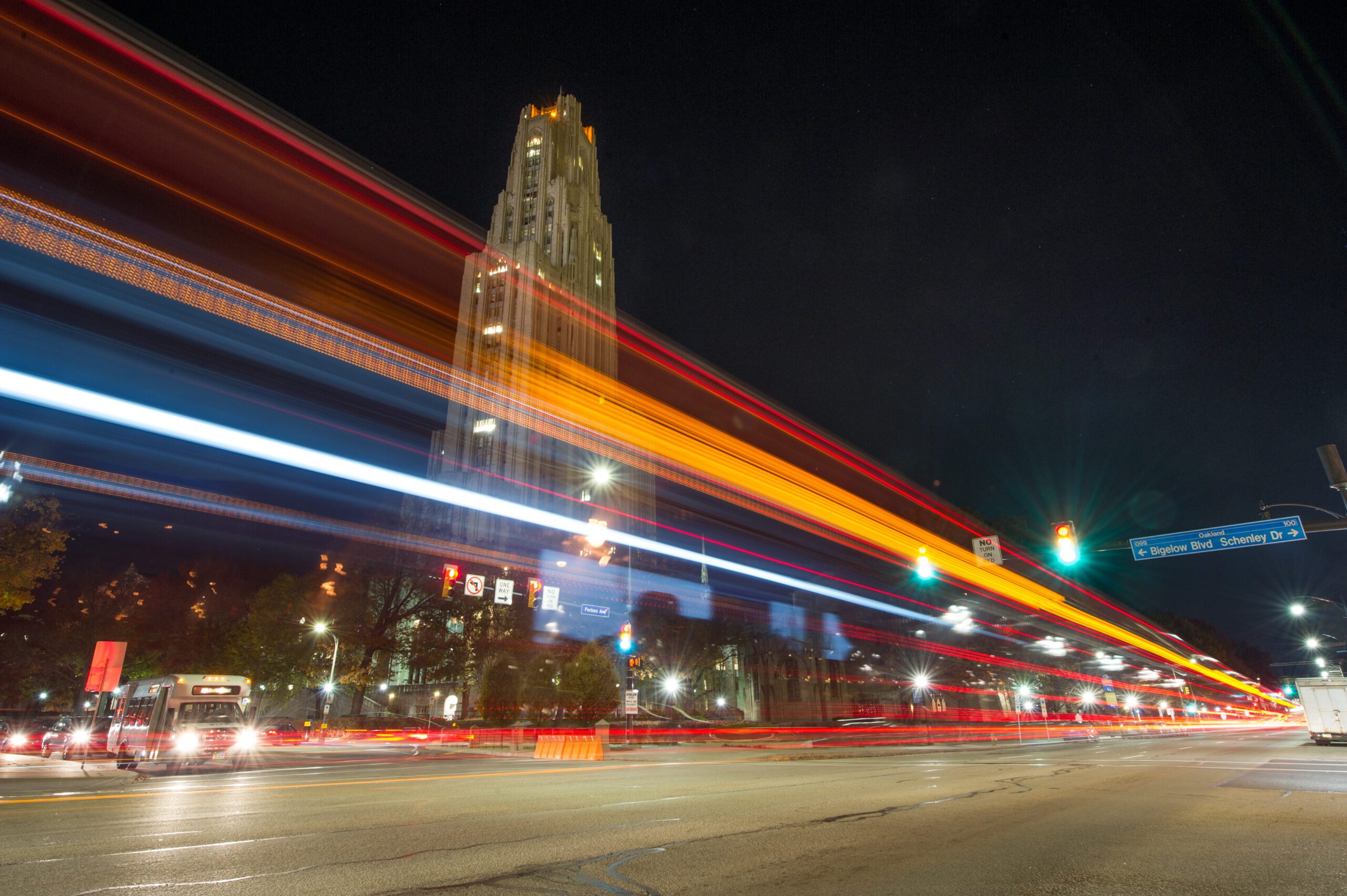Upcoming Events
“The Heartland” Screening & Talk with Filmmaker Marquise Mays
Tuesday, October 8 | 4 – 5 p.m. ET
Virtual
Sponsored by the Practices of Freedom Project, the Center for Urban Education, and the Kinloch Commons. Facilitated by Chetachukwu Agwoeme.
“On Blackness, Liveliness, and What It Means to Be Human: Toward Black Specificity in Higher Education”
Tuesday, October 22 | Noon EST
Virtual
Join us for a book talk with Dr. Wilson Kwamogi Okello. Sponsored by the Practices of Freedom Project, the Center for Urban Education, and the Kinloch Commons. Facilitated by Chelsea Jimenez.
“Denmark Vesey, the Stono Rebellion, and the Gullah Geechee People”
Monday, November 4 | 4:30 – 6 p.m. ET
Virtual
Join us for this talk with educator and author Akua Page. Sponsored by the Practices of Freedom Project, the Center for Urban Education, and the Kinloch Commons. Facilitated by Chelsea Jimenez.

